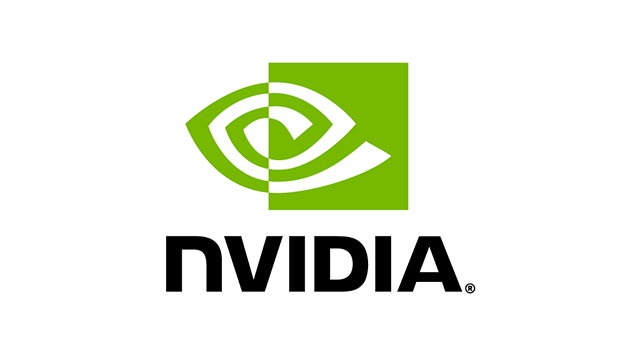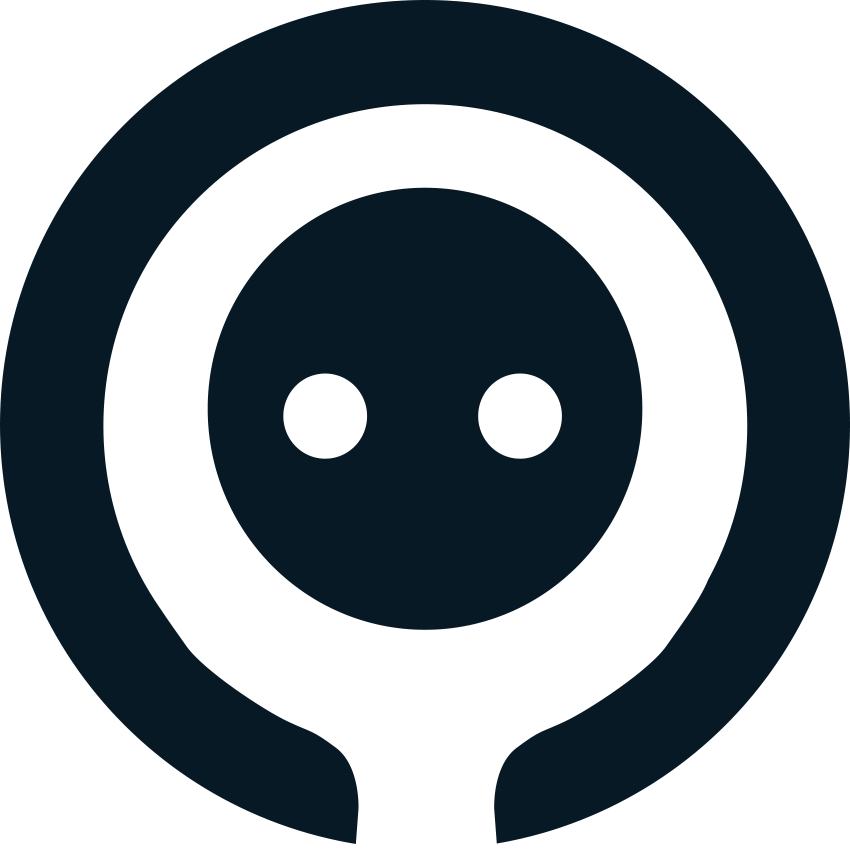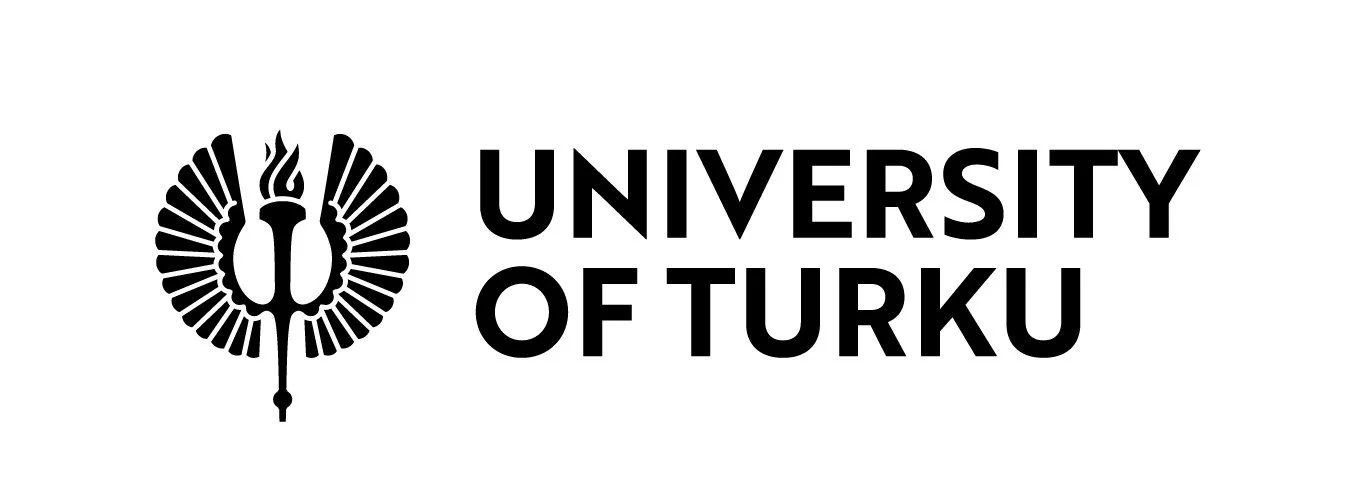Tools & Learning Resources
-
MONAI: A set of open-source, freely available collaborative frameworks built for accelerating research and clinical collaboration in Medical Imaging.
BioNeMo: AI platform for drug discovery that simplifies and accelerates the building and training of models using your own data and scaling the deployment of models for drug discovery applications.
NIMs: Healthcare Microservices
-
NeMo: end-to-end platform for developing custom generative AI—including large language models (LLMs), multimodal, vision, and speech AI —anywhere. Documentation here.
NIM Agent Blueprints: NVIDIA NIM Agent Blueprints are reference workflows for canonical generative AI use cases.
-
Digital Human Microservices Demo (including audio2face, Llama3-8b, parakeet-ctc-1_1b-asr)
-
RAPIDS: Open-source suite of GPU-accelerated data science and AI libraries with APIs that match the most popular open-source data tools
-
NVIDIA Developer Program
LaunchPad provides free access to enterprise NVIDIA hardware and software through an internet browser
-
You may use any tools you like for the Hackathon. The StartX and HealthUnity team prepared these instructions for you as one option: Quick Demo on How to Use NVIDIA Cloud and meta/llama3-8b-instruct using NodeJS
NVIDIA Bootcamp materials for open hackathons
NVIDIA Training Catalog with Free courses on LLMs (see page 19)
Nemo Curator: Scalable data pre processing and curation toolkit for LLMs
OpenCHA
-
Conversational Health Agents (CHAs) are AI-driven systems designed to provide healthcare services. However, while existing CHAs excel in conversational abilities, they often struggle with analyzing diverse data types and delivering reliable, personalized responses.
-
openCHA is a framework that overcomes shortcomings of existing CHAs by integrating LLMs with external resources, including diverse datasets, knowledge bases, and analytical tools.
In turn, the openCHA framework promotes the creation of advanced CHAs that can more effectively analyze input inquiries, gather and integrate information, and deliver personalized, context-aware responses.
-
To learn more about openCHA, please visit https://www.opencha.com/.
Before the event, it is advised to configure openCHA to run locally on your machine. Please follow the documentation provided in the above link to do so.
-
The e2epyppg pipeline is an end-to-end tool in Python designed for heart rate (HR) and heart rate variability (HRV) analysis from Photoplethysmogram (PPG) signals. It features three main components: a machine learning-based Signal Quality Assessment (SQA) module, a generative adversarial network (GAN)-based noisy signal reconstruction approach, and a deep learning-powered peak detection method. This modular design allows for flexible use, enabling either complete end-to-end HR/HRV feature extraction or the independent application of each component as needed. The pipeline has been developed for wearable applications, delivering accurate physiological measurements from PPG data in real-world conditions.
-
Links:
PyPI - e2epyppg & Repository -
The package is provided by the Digital Health Technology Group, University of Turku.
Additional Learning Resources
(Please note we will not have Solution Architects on hand for these resources, but we find them helpful for the hackathon participants.)
LlamaIndex, Data Framework for LLM Applications - LlamaIndex is a simple, flexible data framework for connecting custom data sources to large language models (LLMs).
LangChain - LangChain’s suite of products supports developers along each step of their development journey.
The AI Agents Week - (recordings available on their site) - In 3 days, learn how AI Agents can impact your company's efficiency, automating complex tasks and creating space for strategic decisions. We will plan, build, deploy, monitor and iterate on them! Let's talk production use cases, calculate ROI and more!



